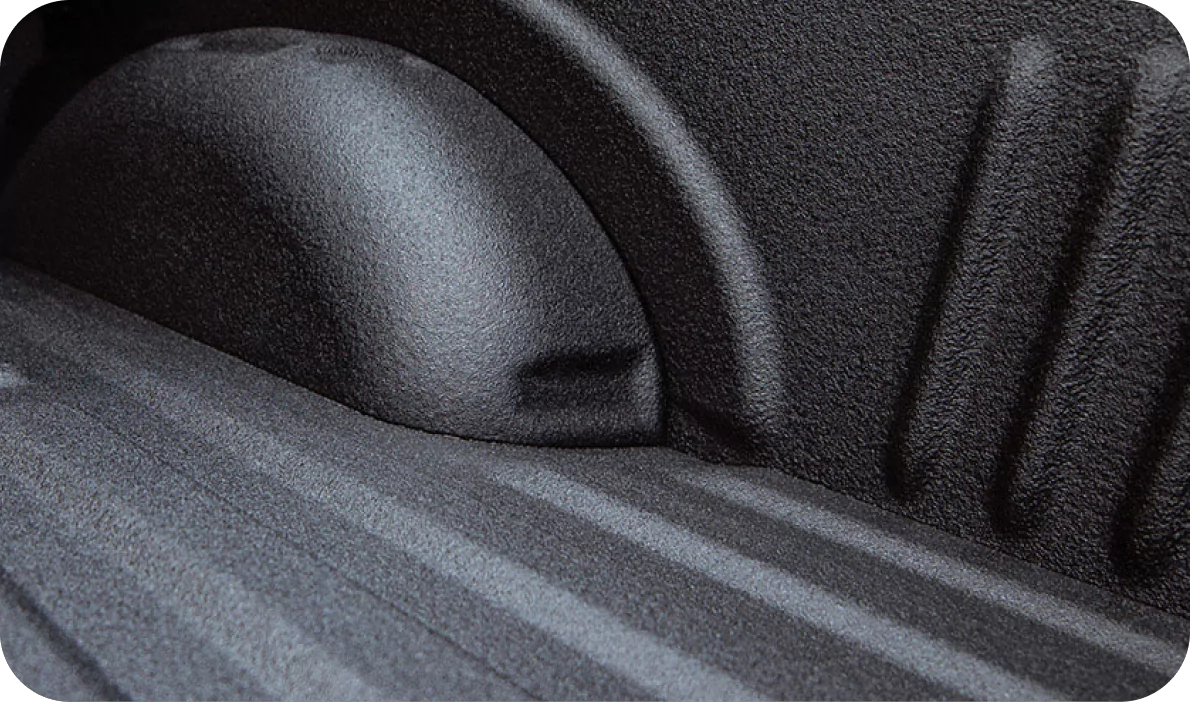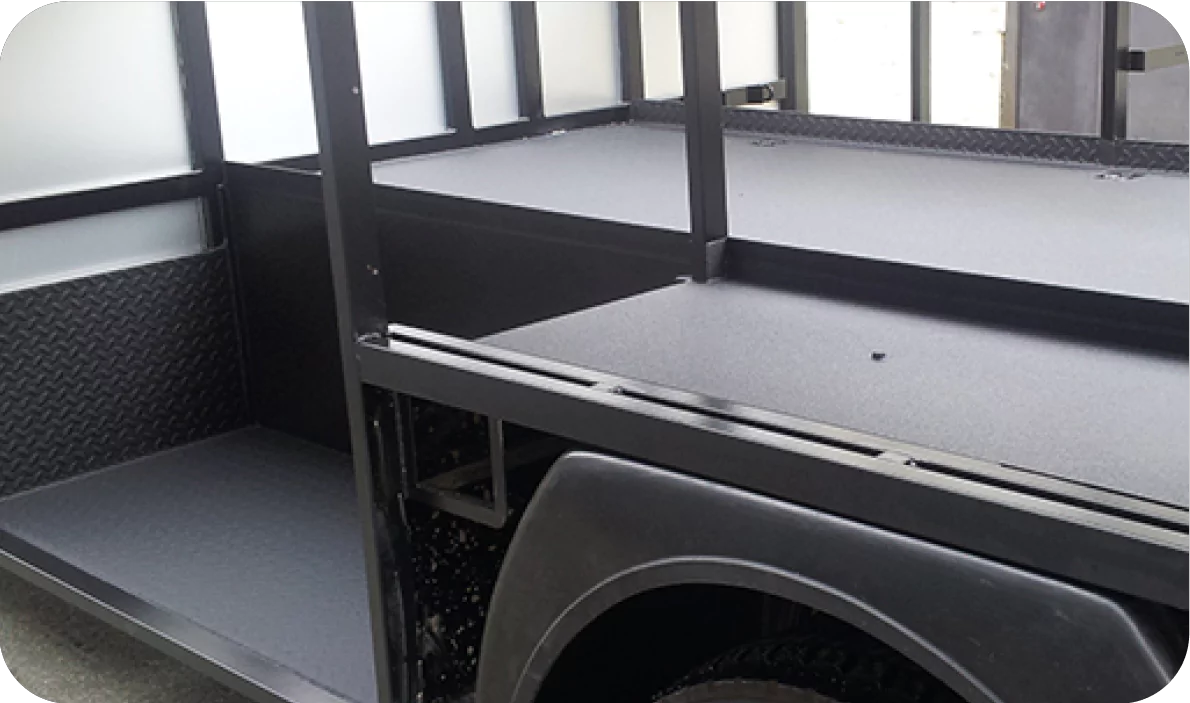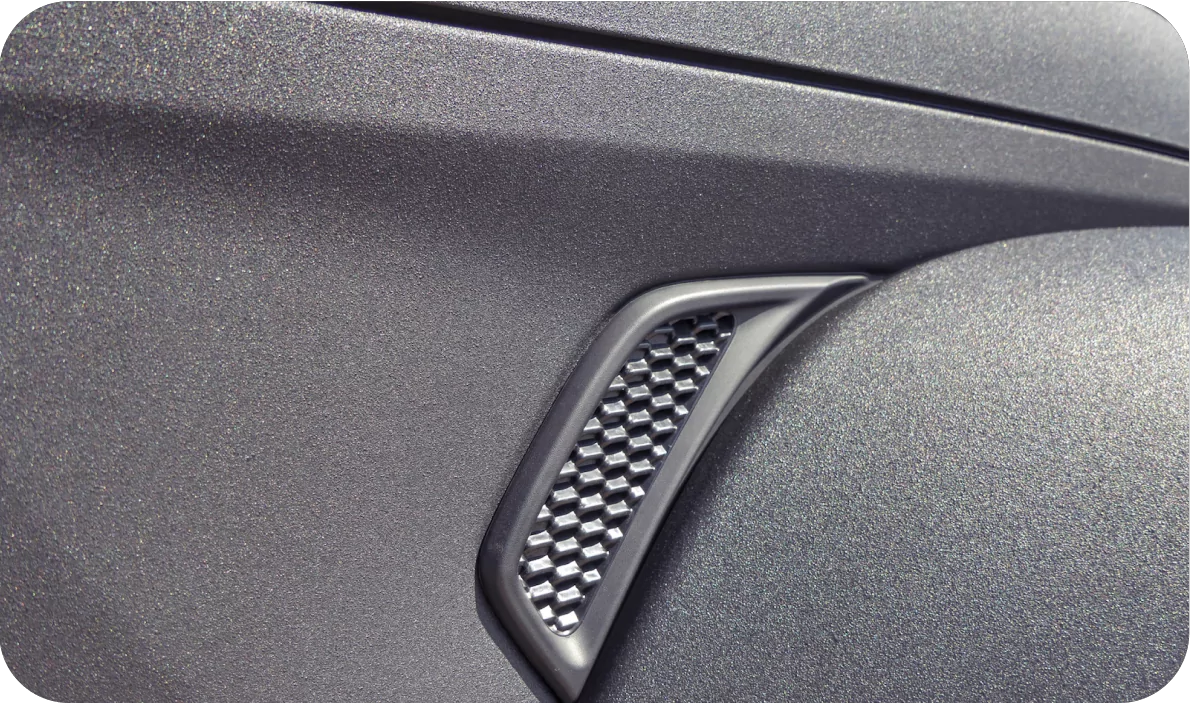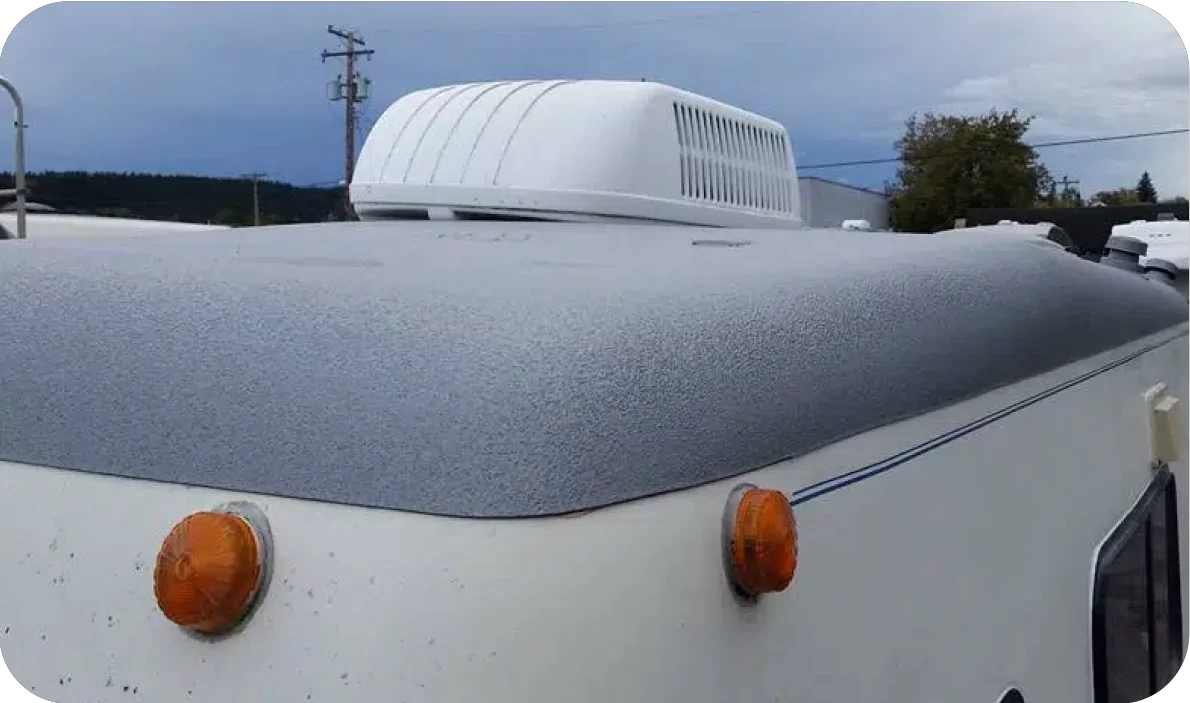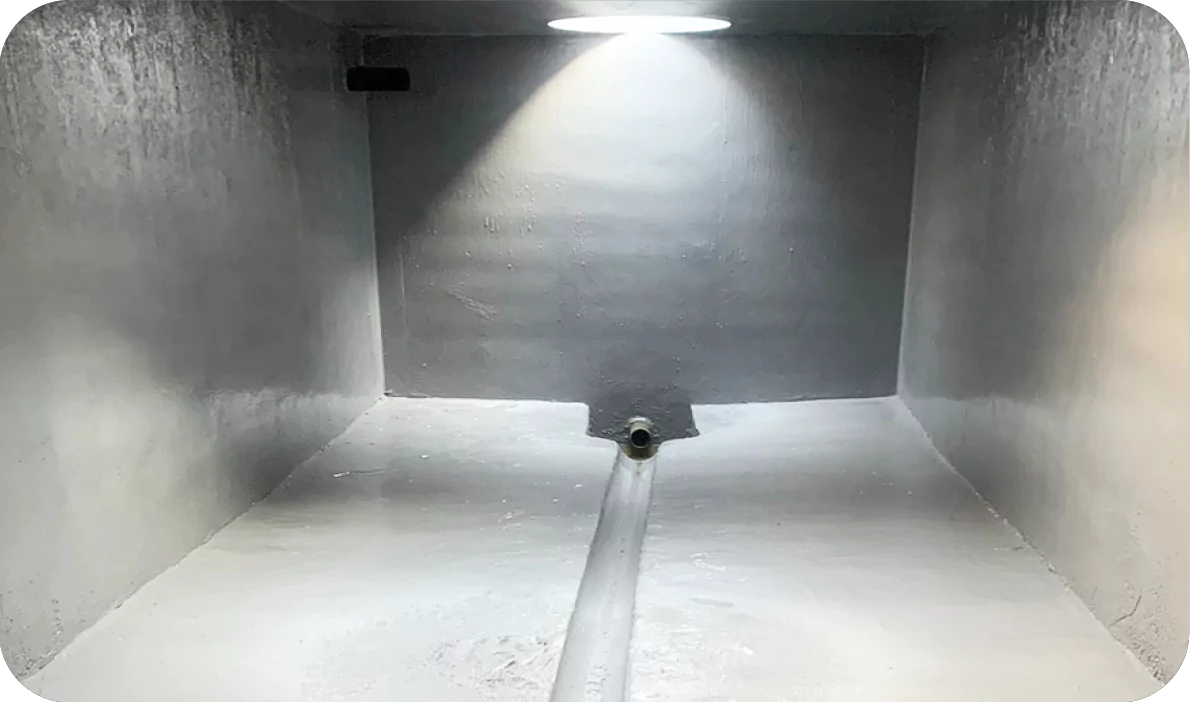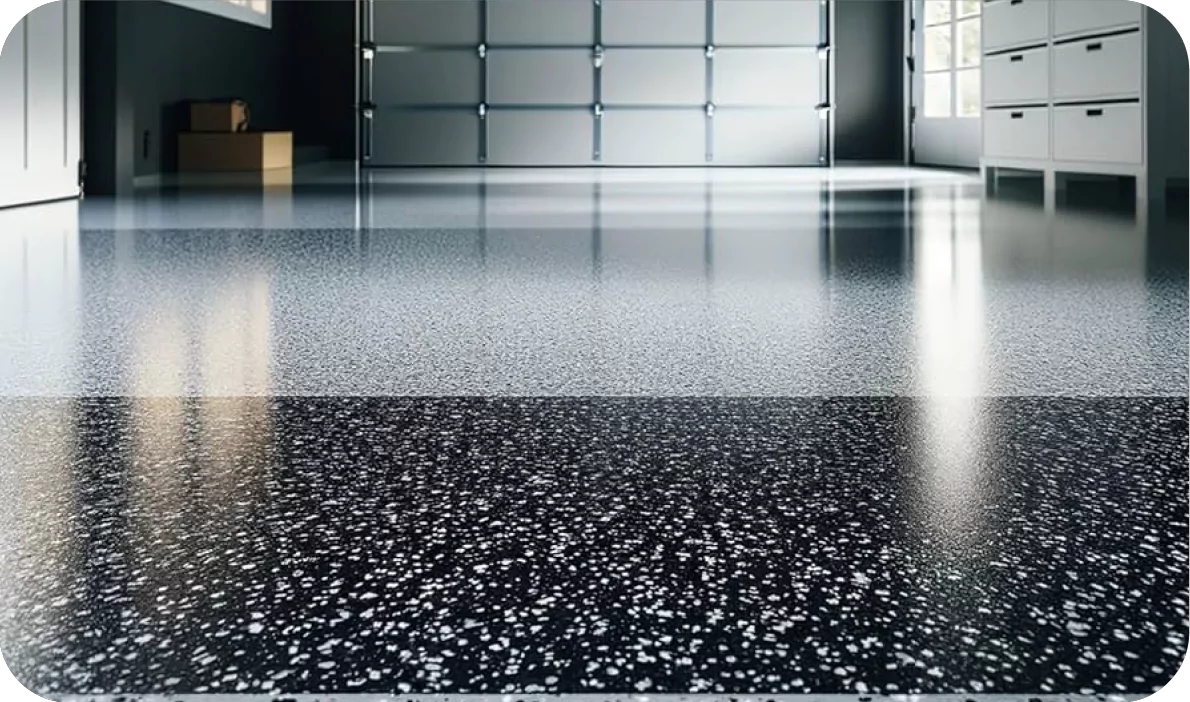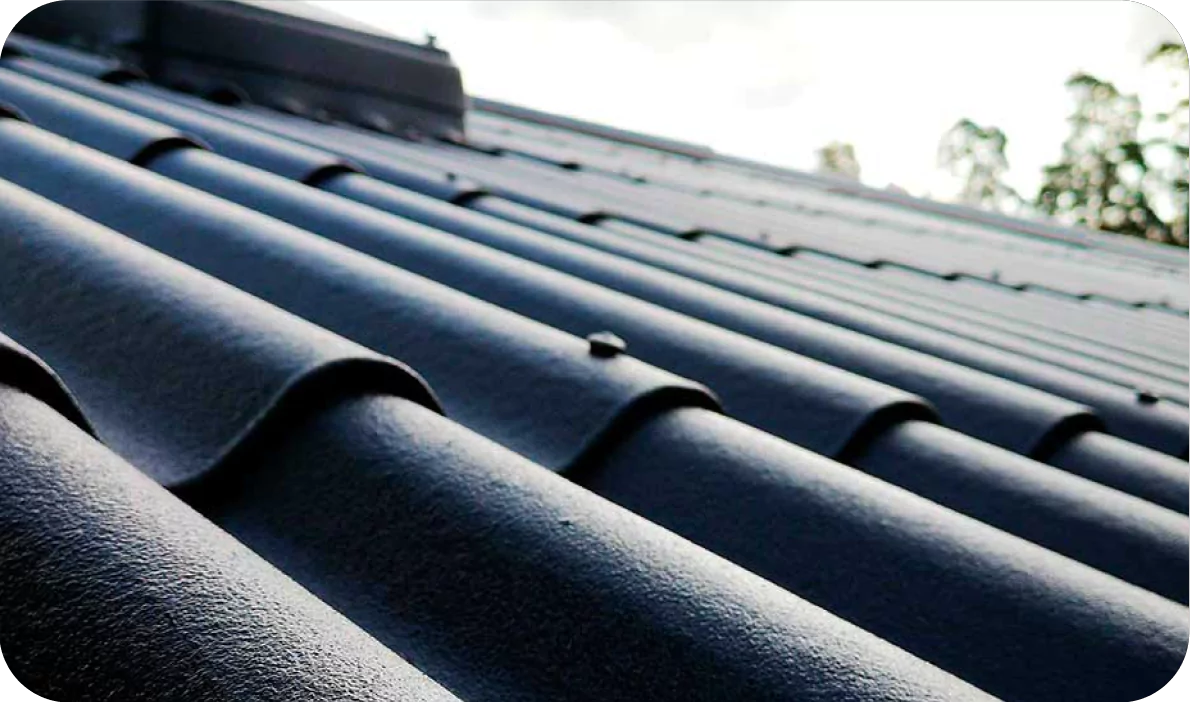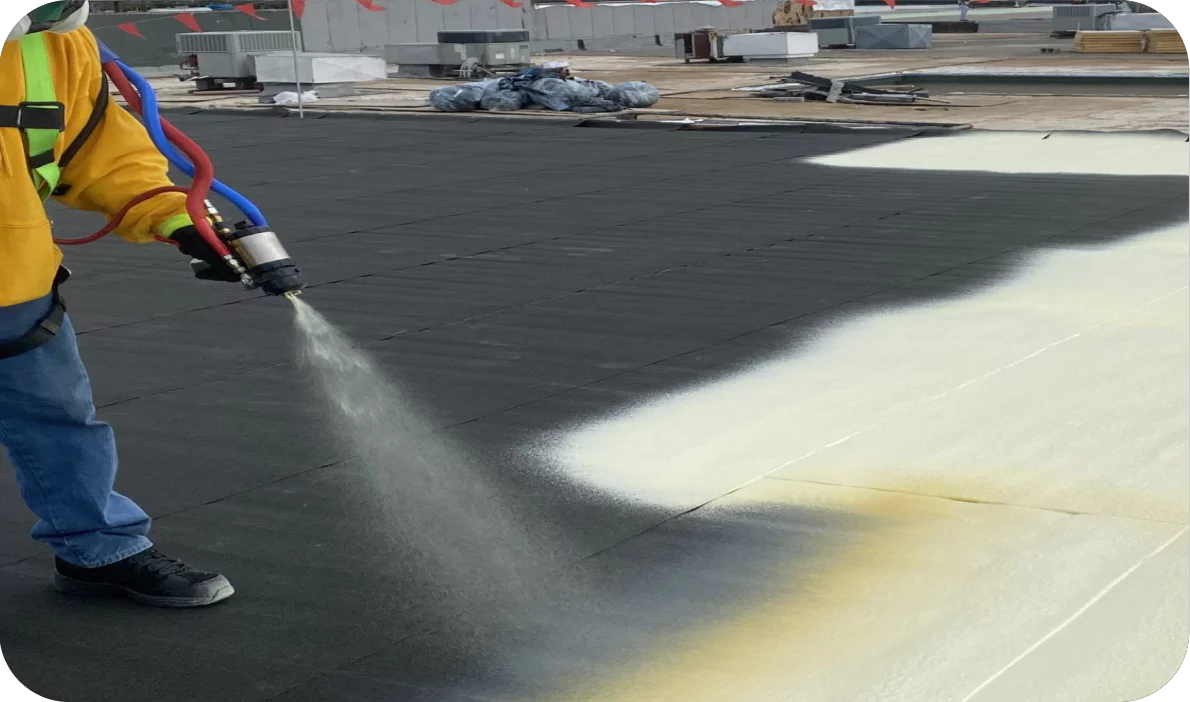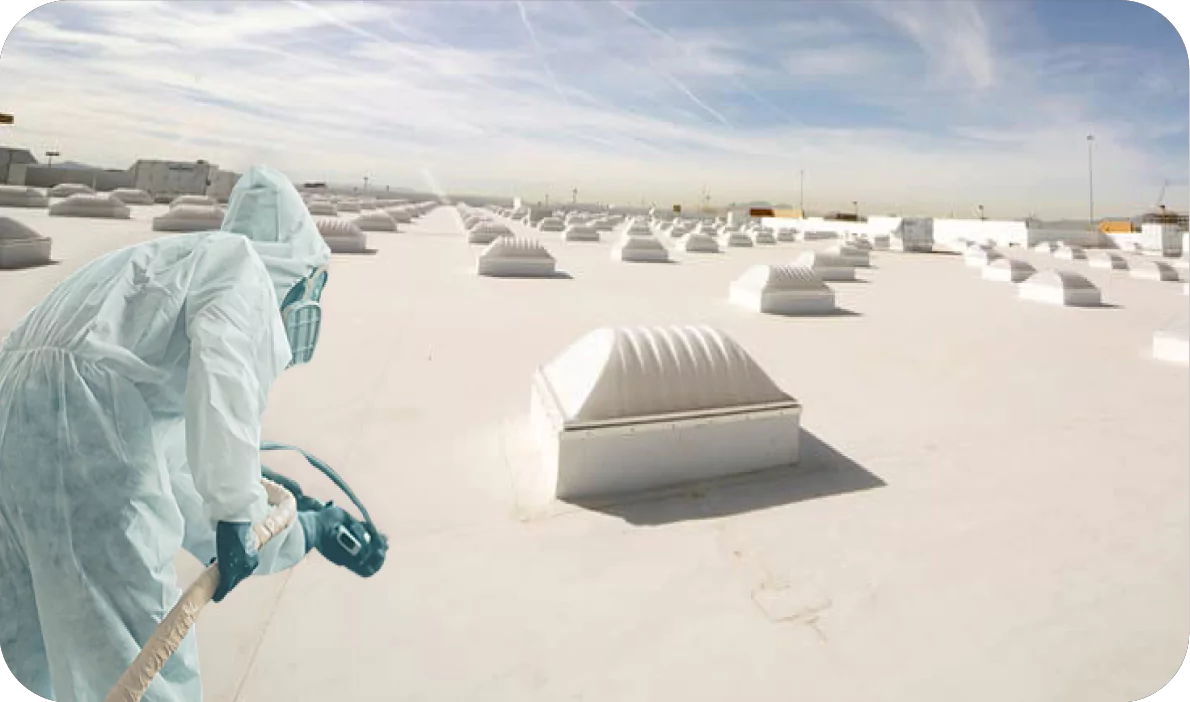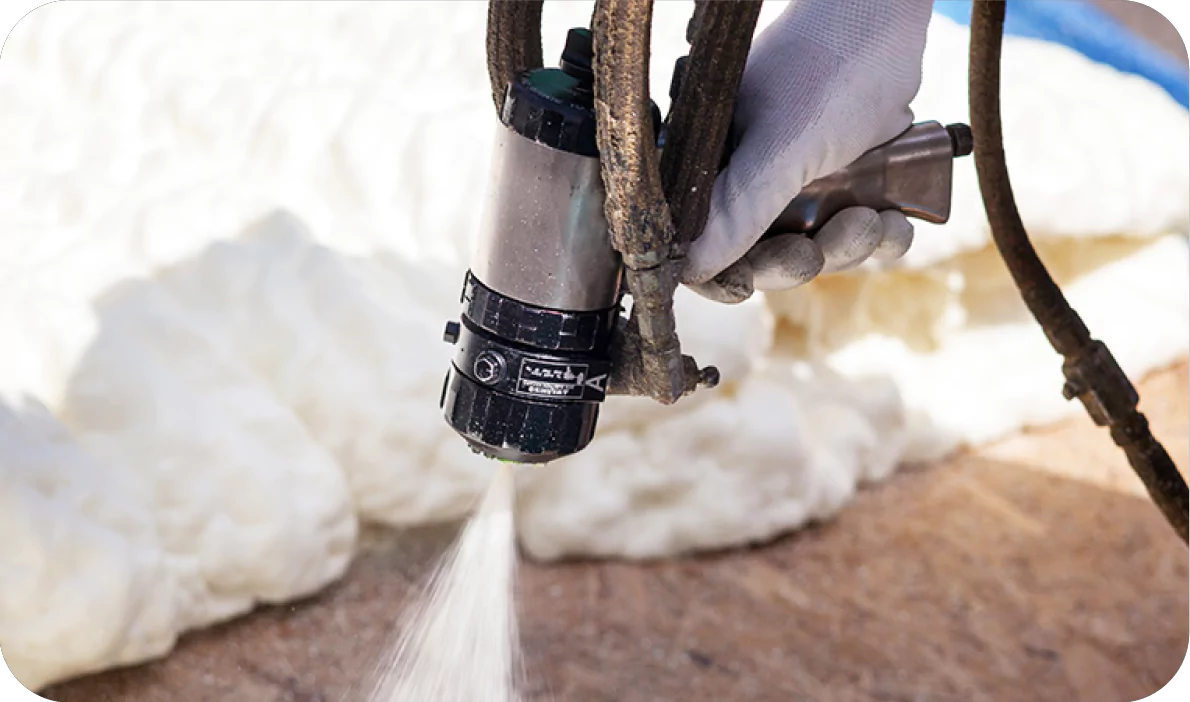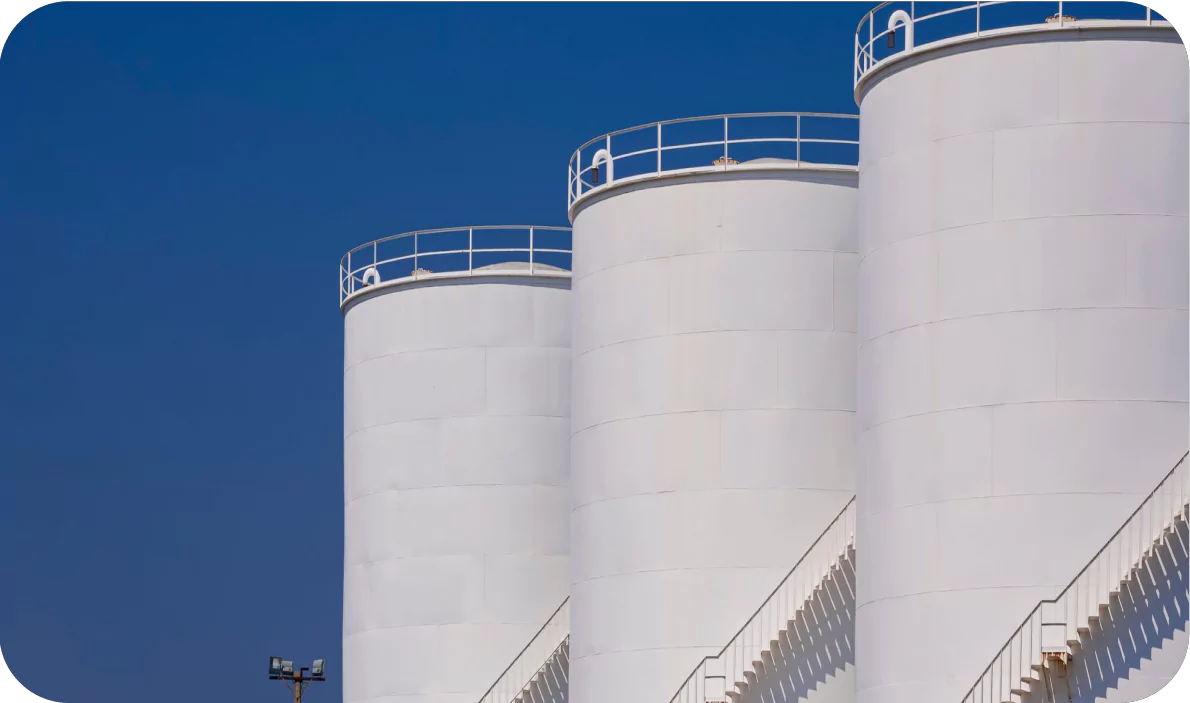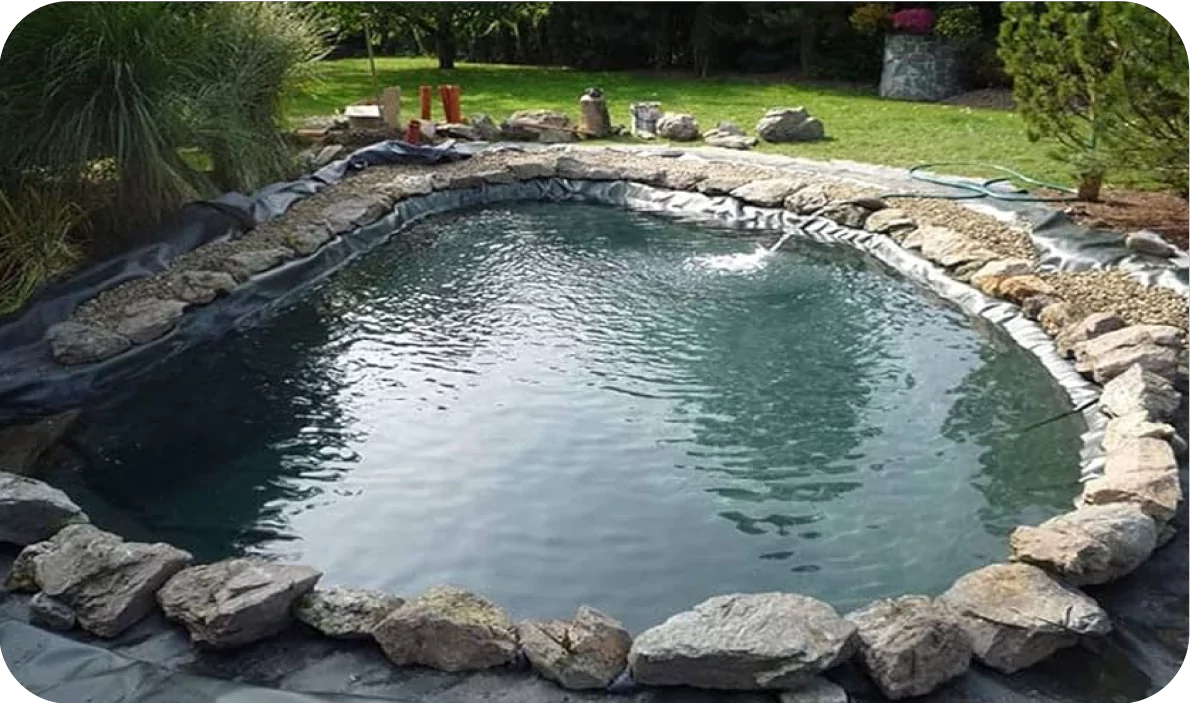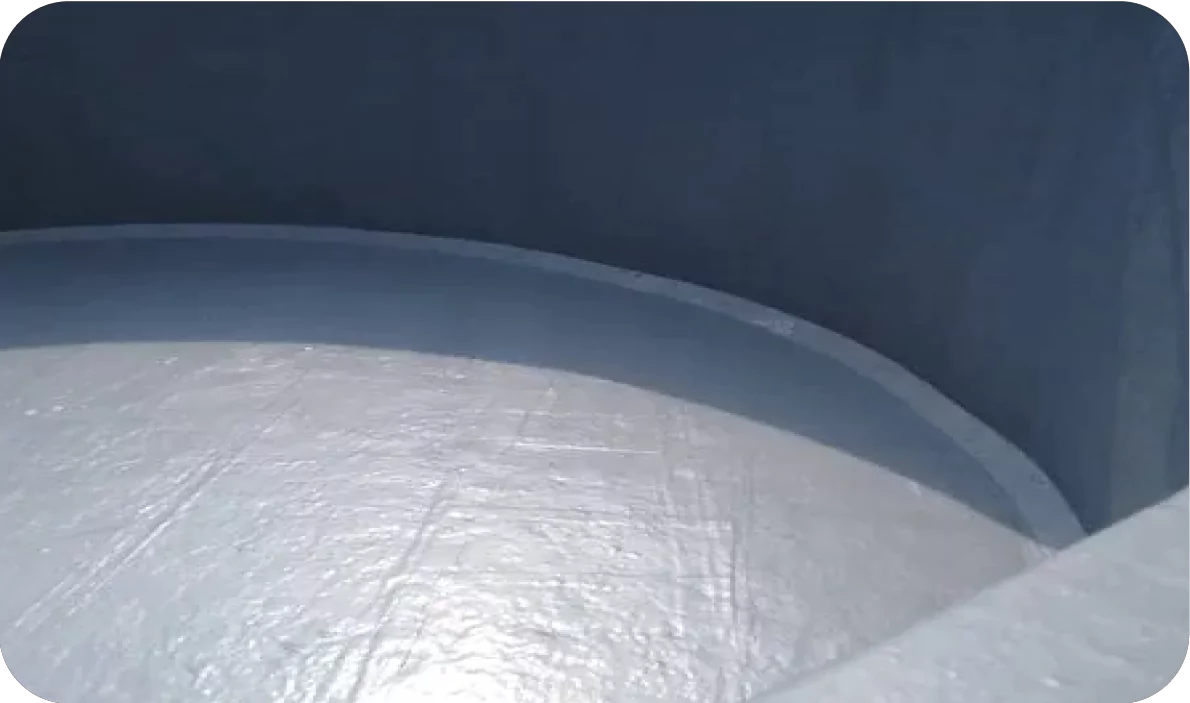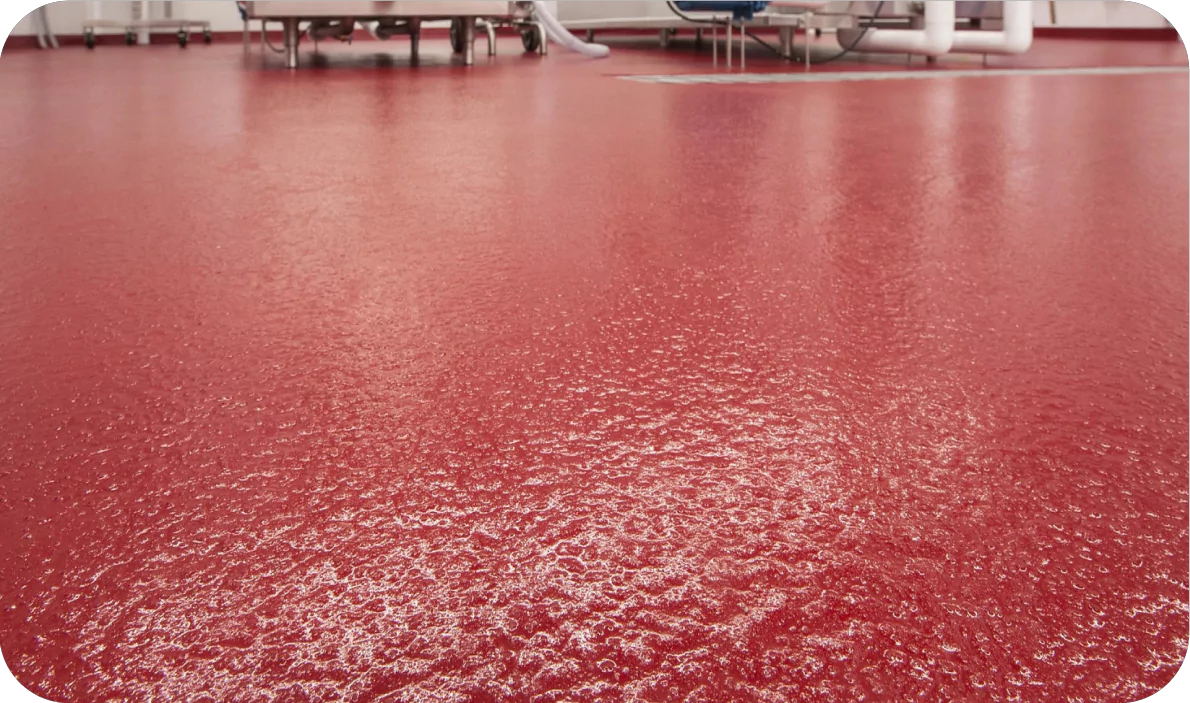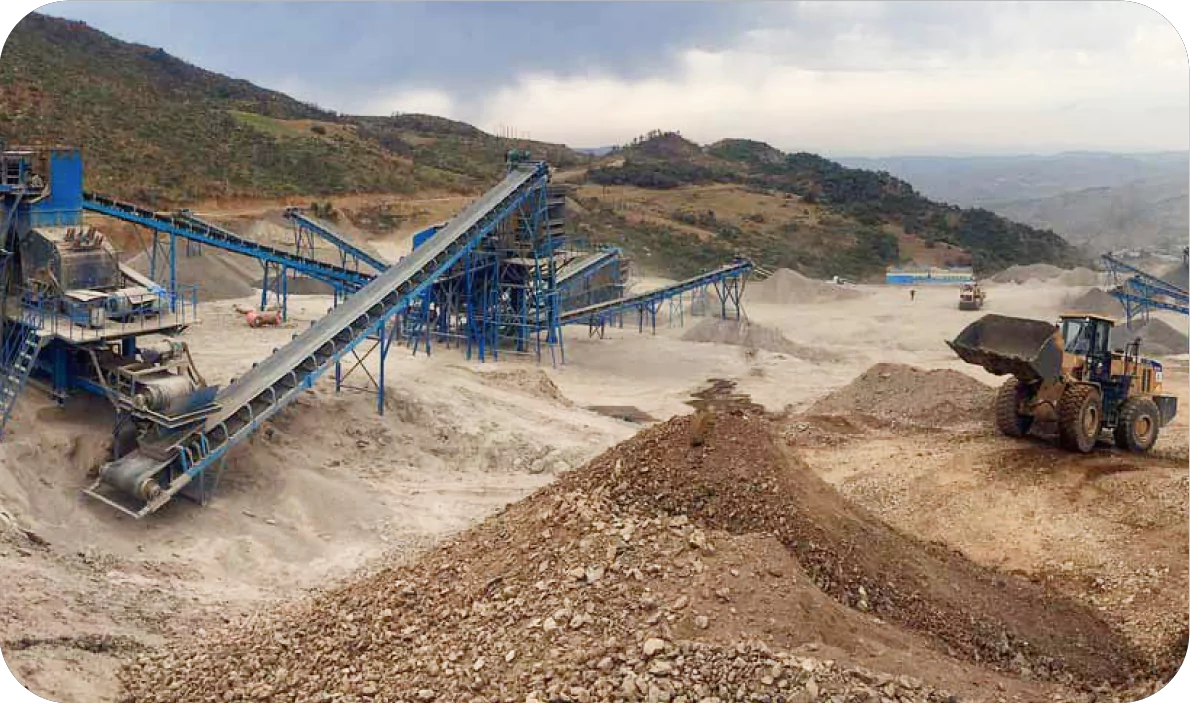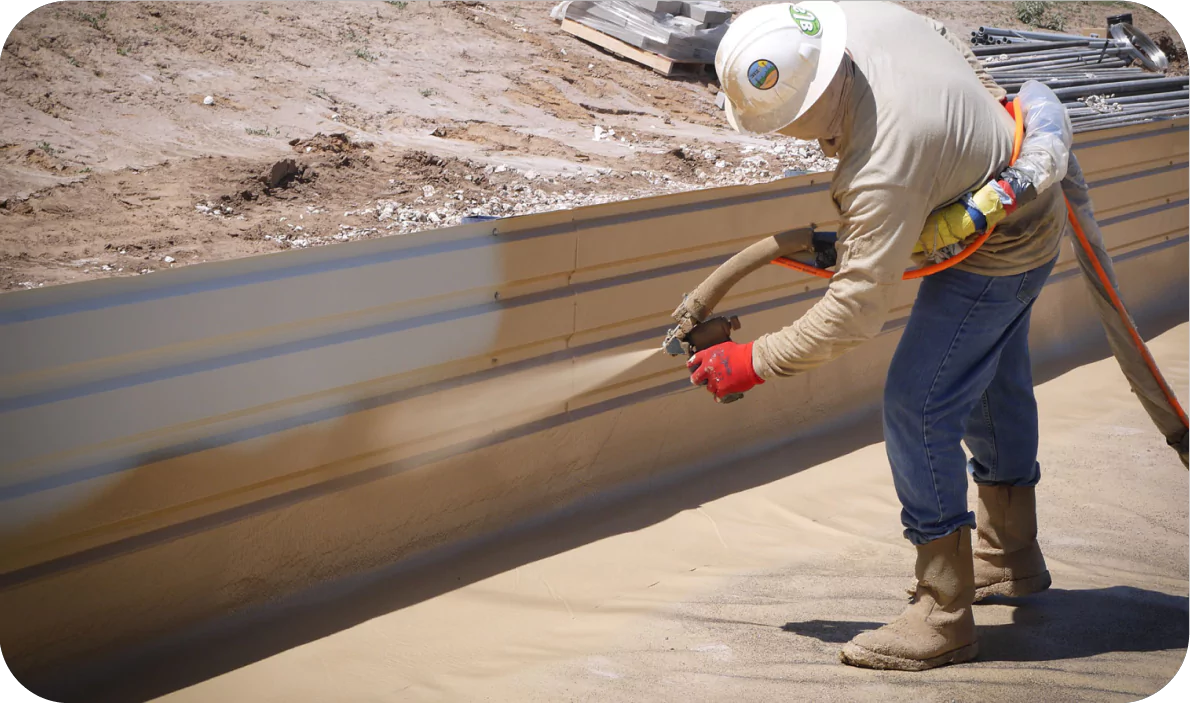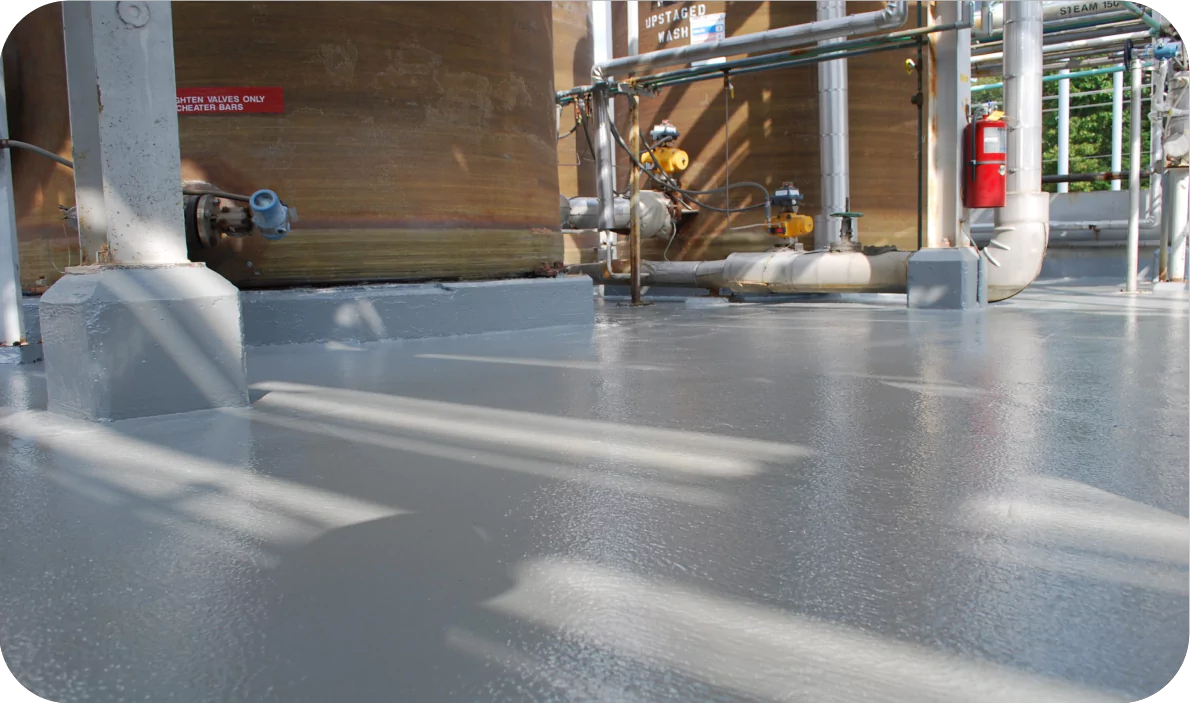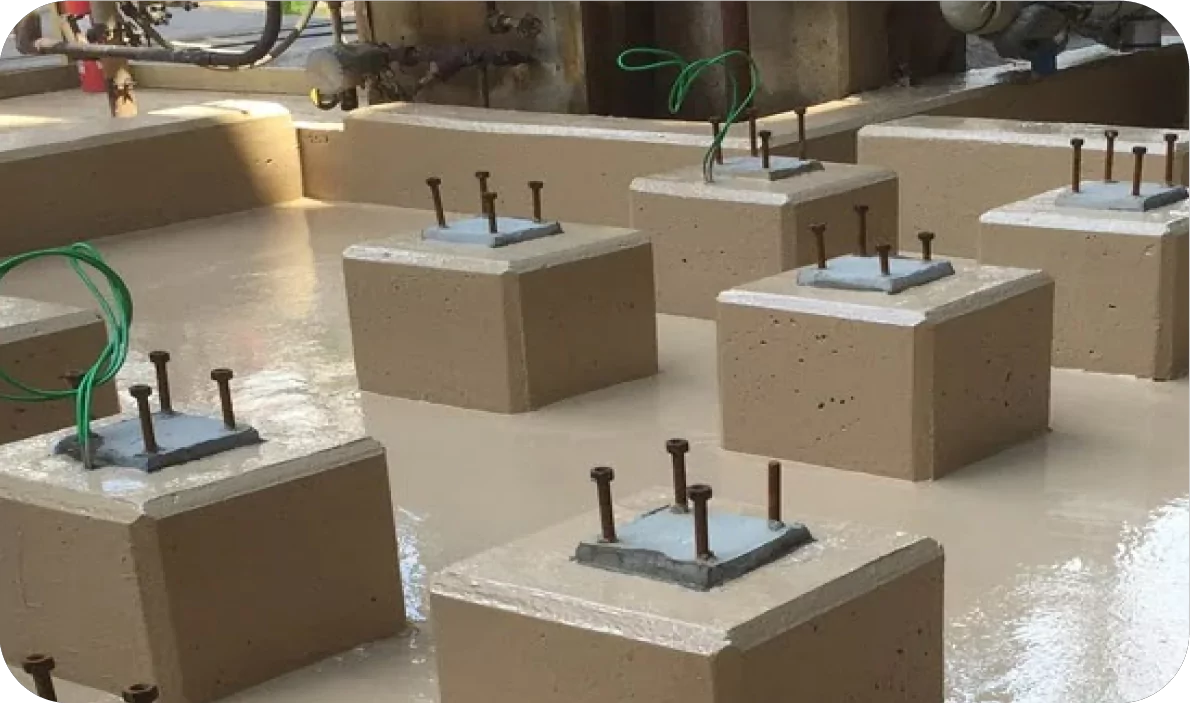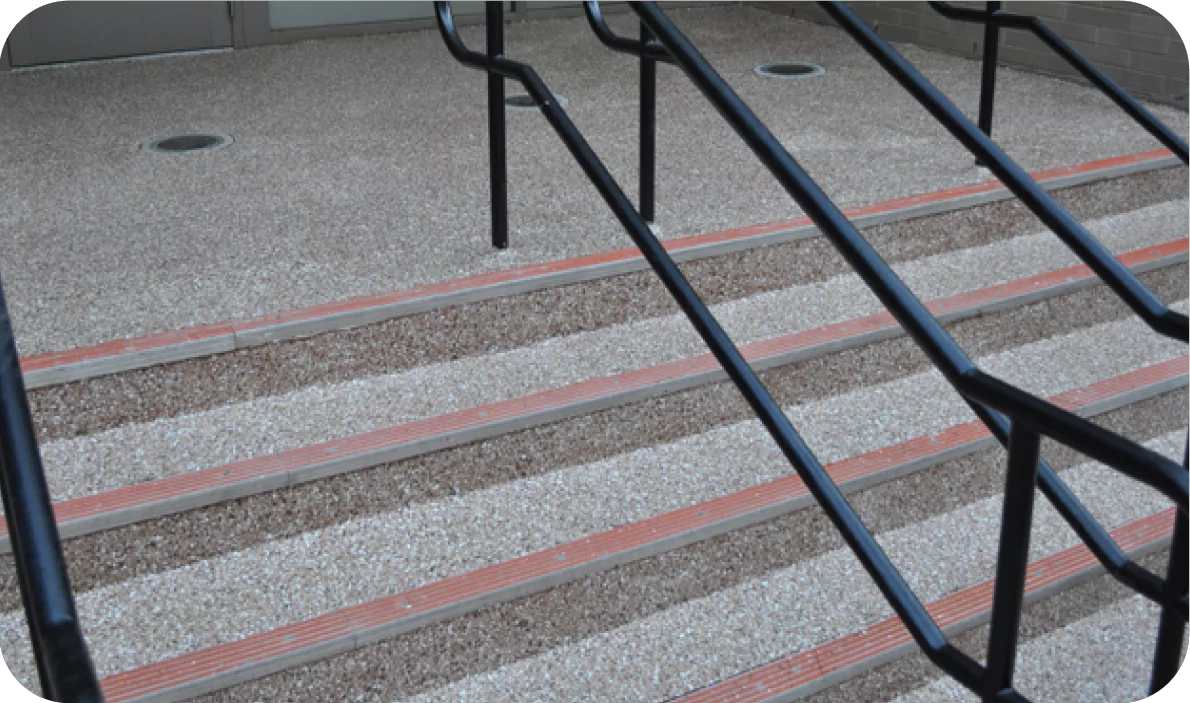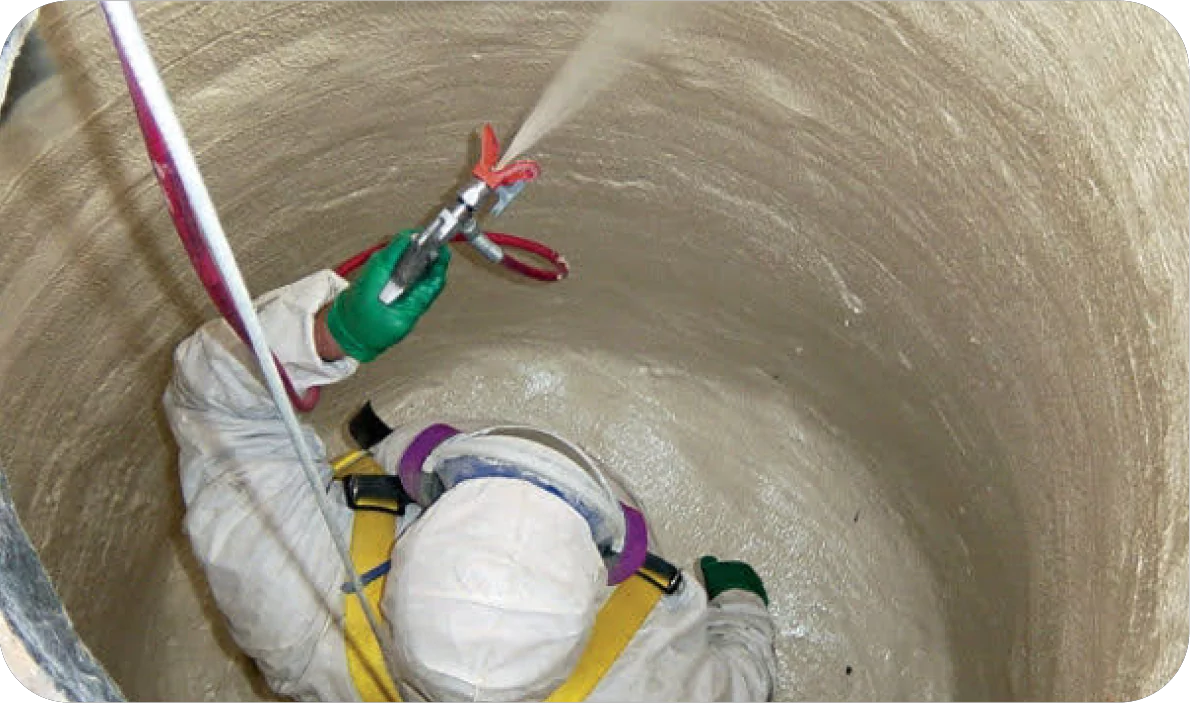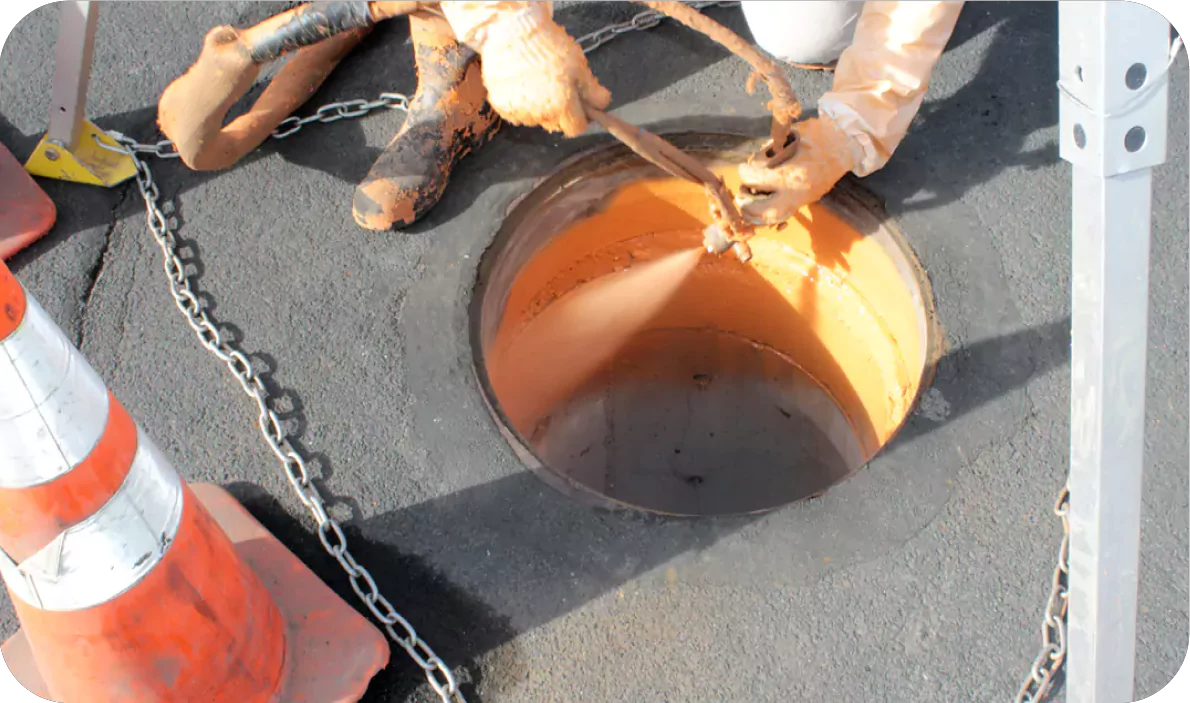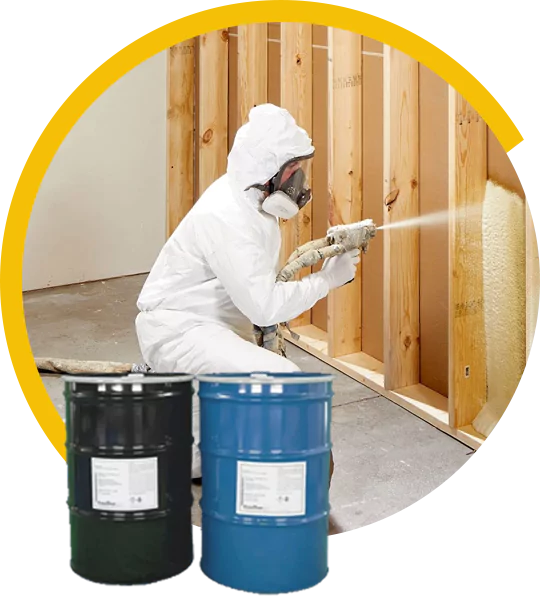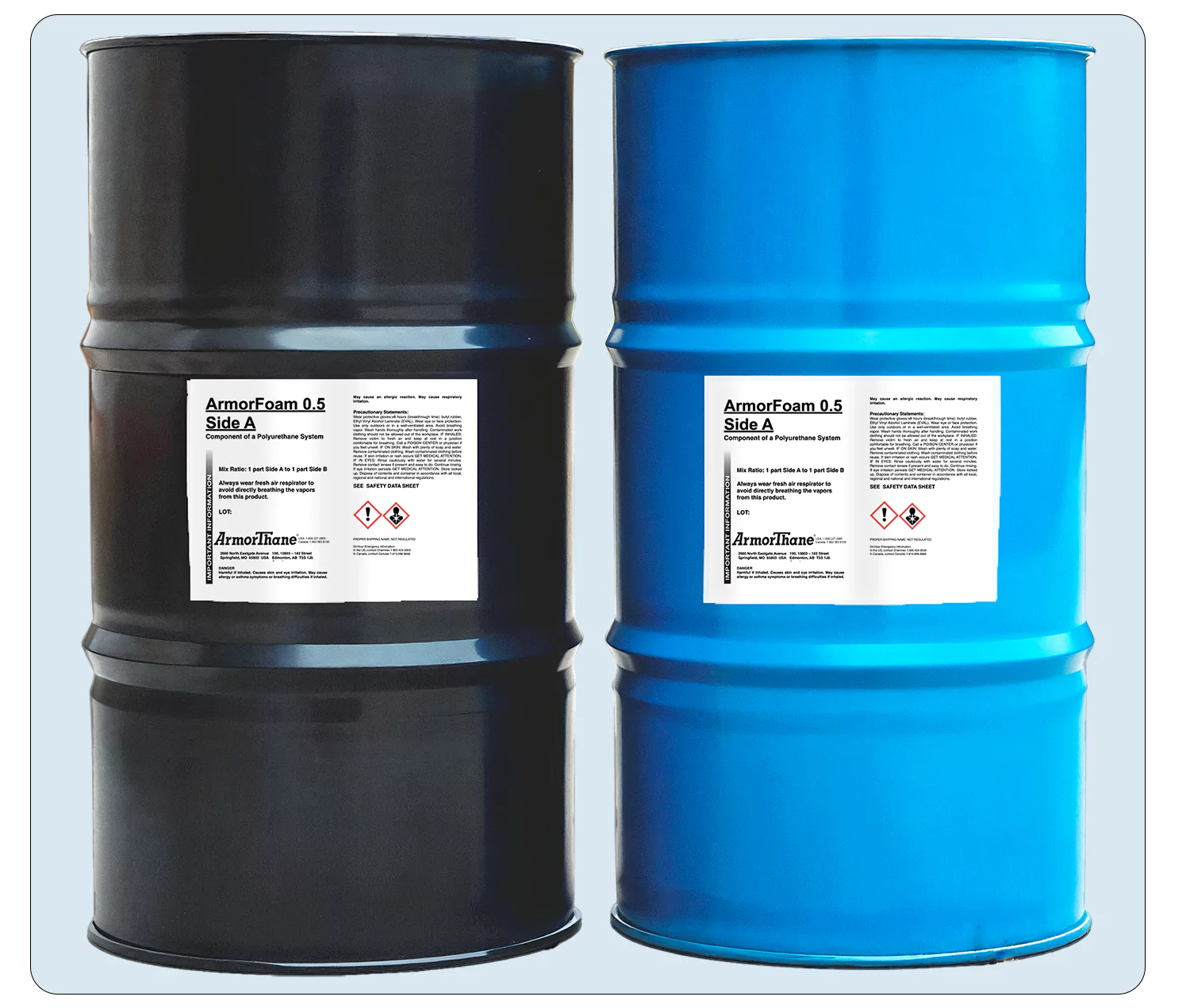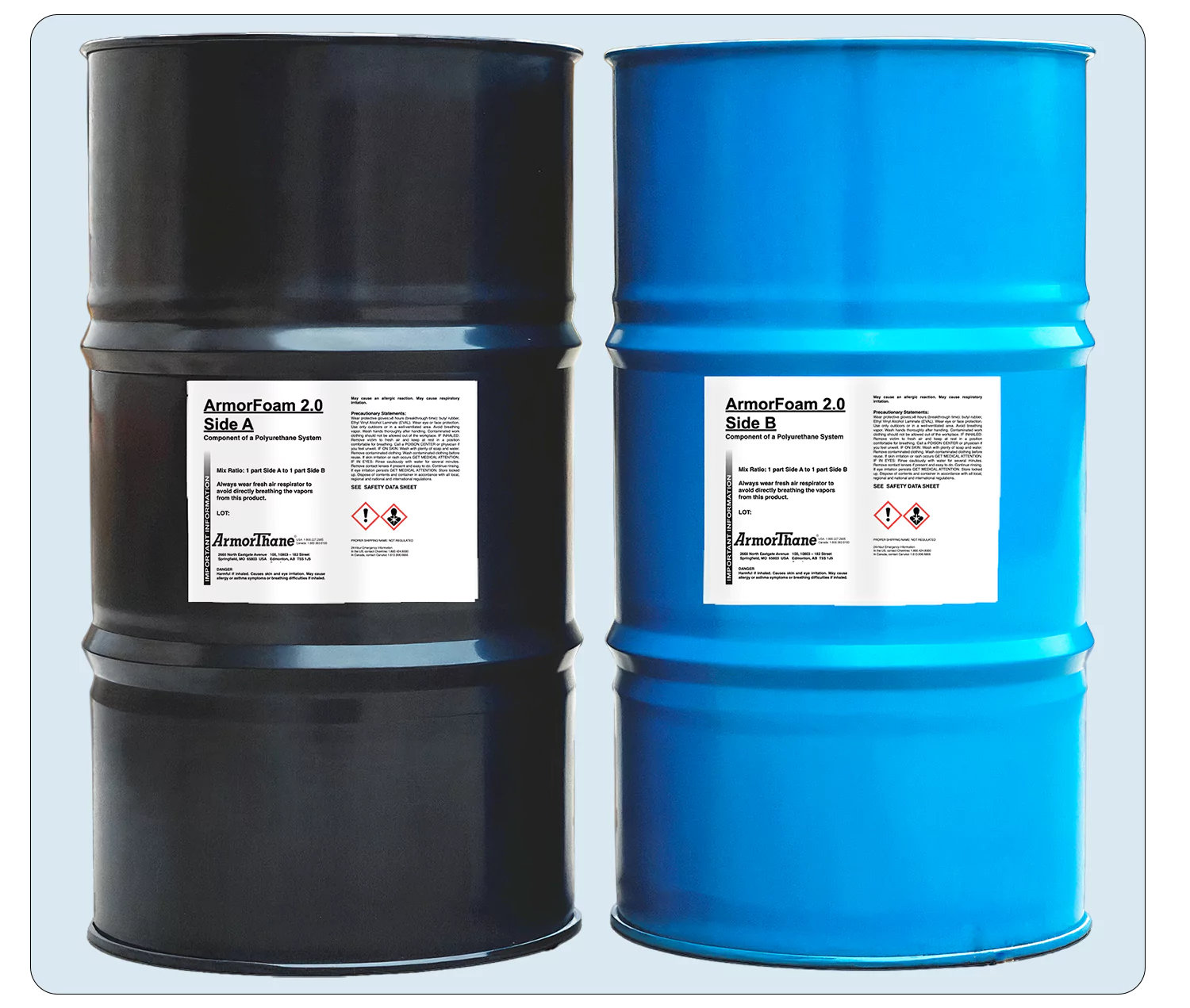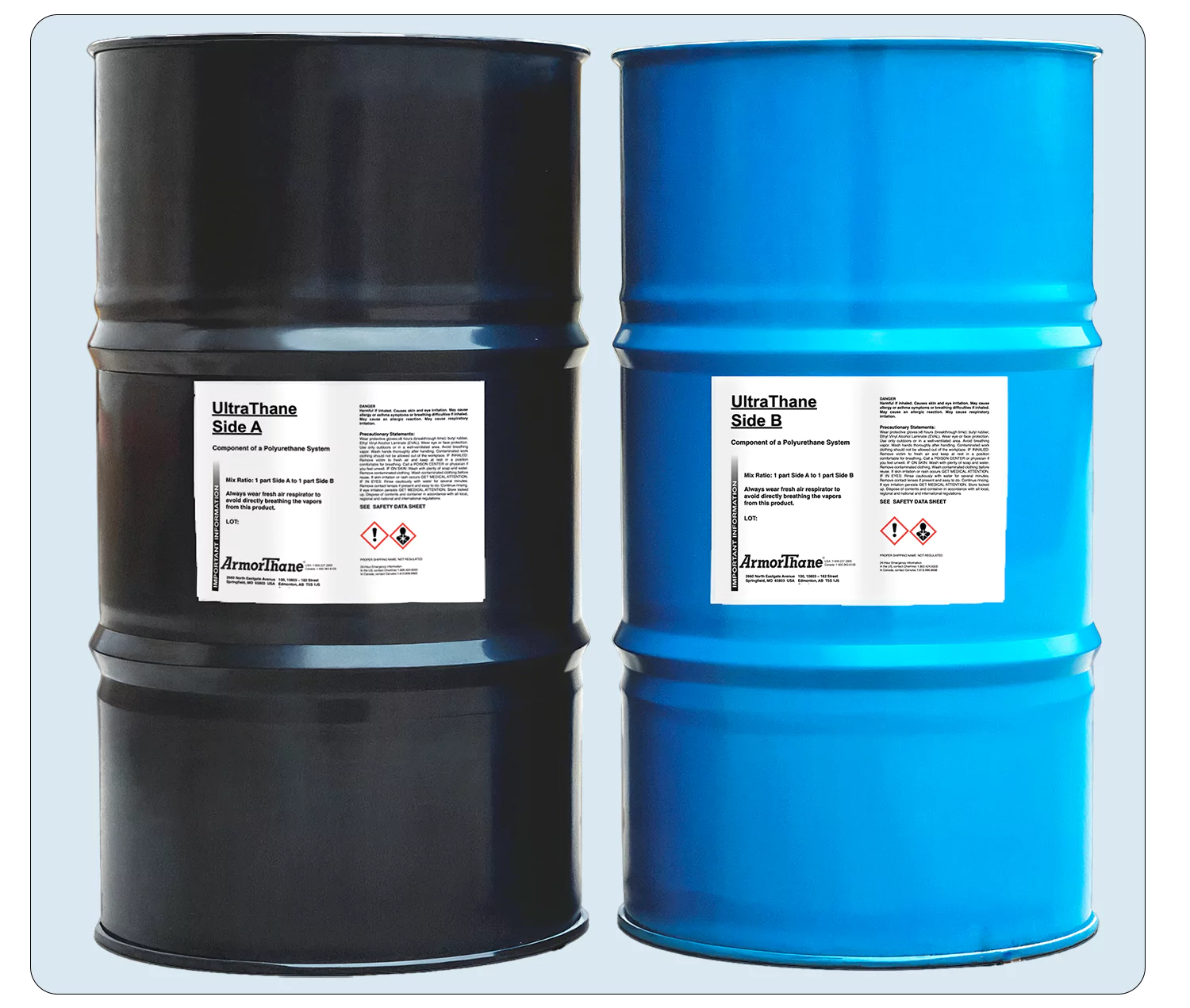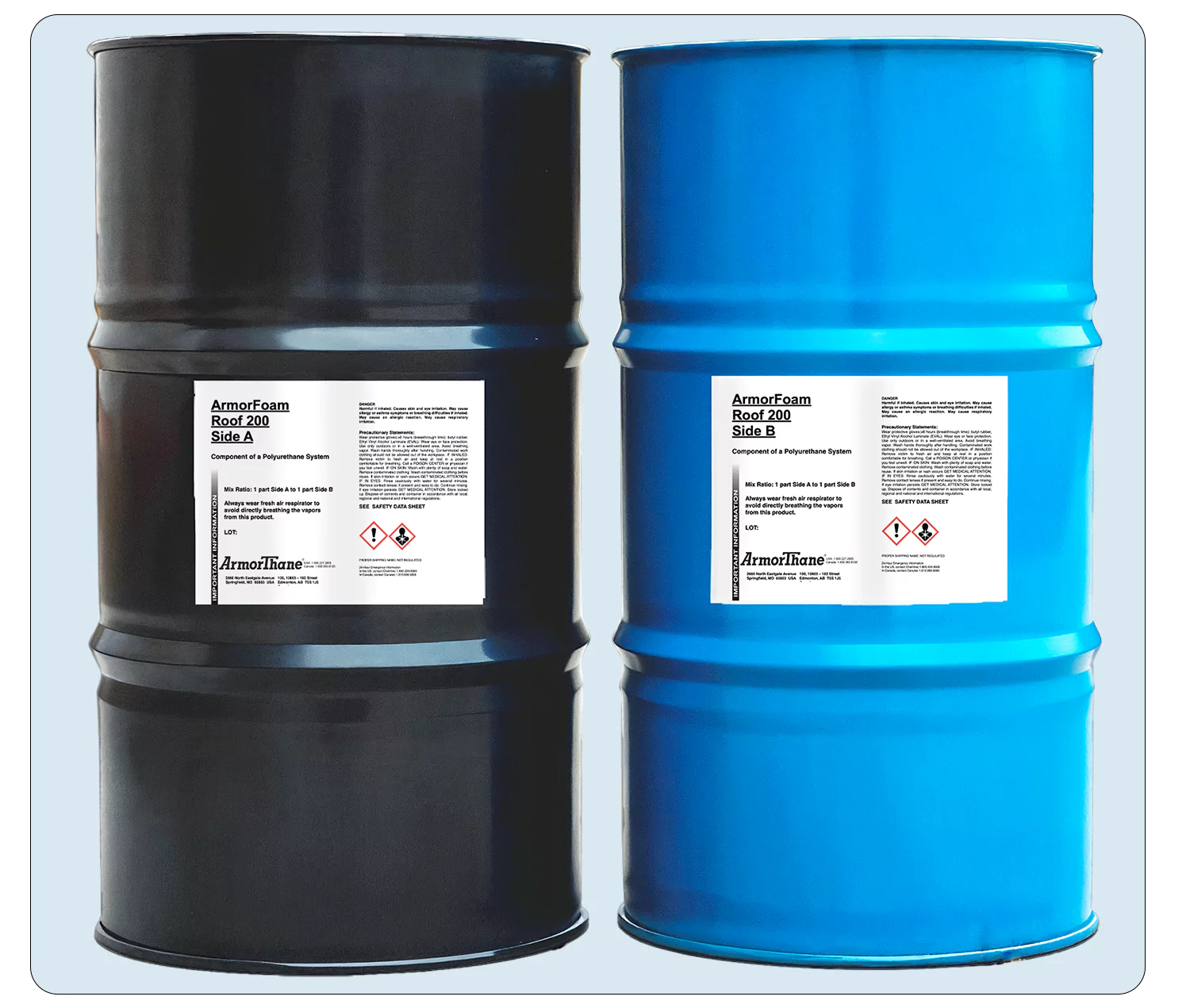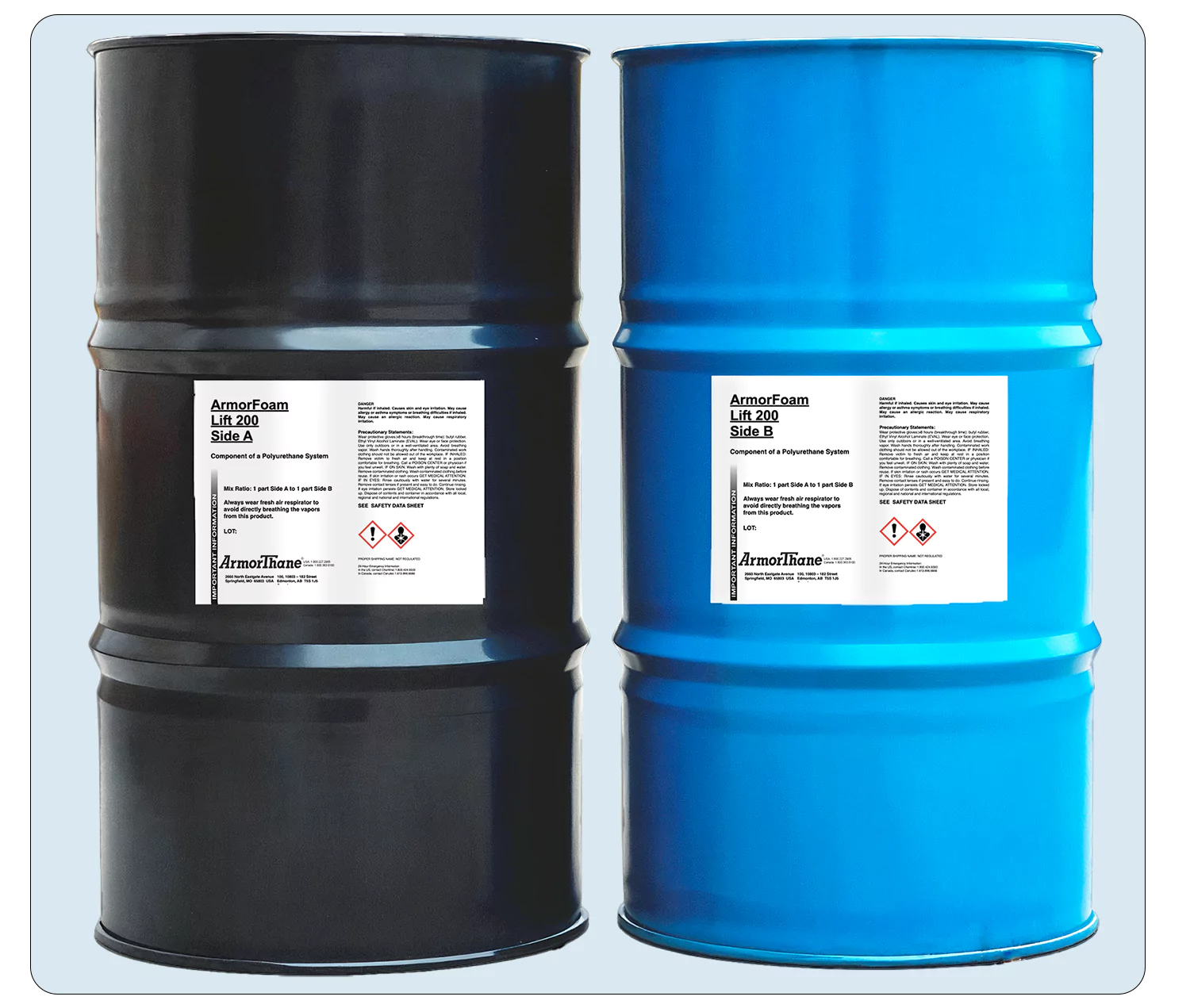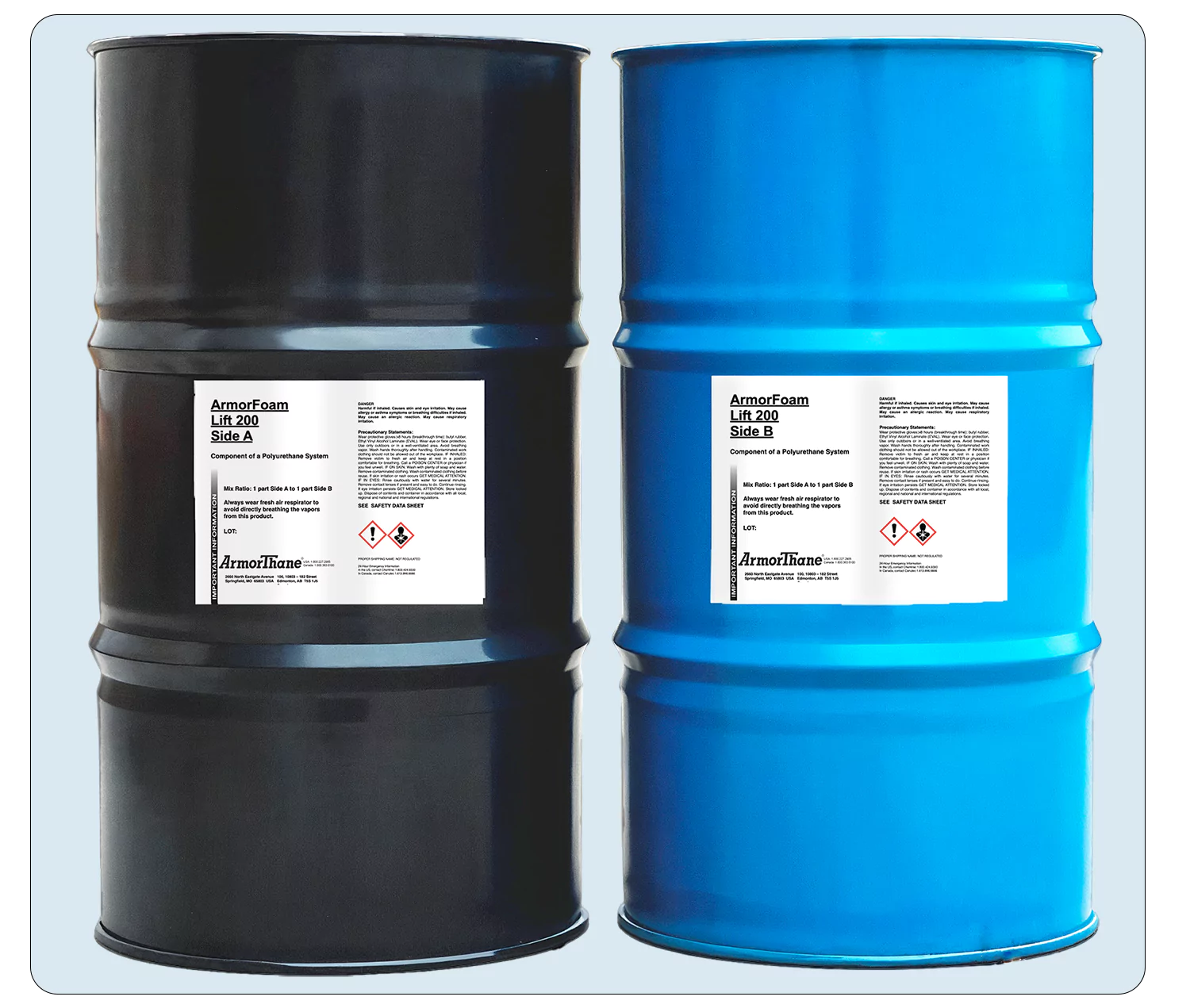- Applications
Applications
- Applications
Applications
Automotive / Marine
Construction
Agricultural
Industrial
Manufacturing
Military
Automotive
agricultural
Industrial
Automotive / MarineConstructionIndustrialManufacturing- Products
Coating Products
Learn More About Our Catalog Of Chemical Coating Products And Professional Equipment. No Matter The Application, We Have A Product Solution.PROTECTIVE COATINGS
Sprayed On CoatingsPolyurethane Spray FoamRolled On Floor CoatingsPrimer ProductsTop Coat ProductsPRO EQUIPMENT
ArmorLine HP: High Pressure ProportionersArmorLine LP: Low Pressure ProportionersCustom Built Polyurea Spray RigsCustom Built Foam Spray Rigs- Systems
Learn More About The Vast Amount Of Application Systems You Can Do With Our Protective Coating Catalog.Waterproofing
Protection
- Knowledge Center
Learn More About Our Catalog Of Chemical Coating Products And Professional Equipment. No Matter The Application, We Have A Product Solution.Informational
Guides
Opportunities
- Galleries
Video Galleries
Carousel Gallery
Image Galleries
- Contact Us
Contact Us Today With Any Question Or Request You Might Have And We Will Gladly Reach Back Out With You On The Same Day. We Are Available Five Days A Week, From 8am To 5pm Central In Both Our US And Canadian Offices.PRODUCTS
APPLICATORS
COMPANY
USA AND INTERNATIONAL
ArmorThane USA Inc.
2660 North Eastgate Springfield, Missouri 65803
Tel: 417.831.5090
Copyright 2024 Armorthane.com | Privacy Policy | Sitemap
SPRAY RIG
Find an applicator
Become An Applicator
CONTACT US
Find An Applicator
Protective Coating Applications
Automotive / MarineConstructionAgricultureIndustrialManufacturingProducts
Coating ProductsCoating EquipmentApplicator Opportunities
View All Opportunities- Automotive Dealerships
- Boat & UTV Dealerships
- Automotive Accessories
- Construction Companies
- Manufacturing Facilities
- Agricultural Facilities
- Infrastructure Maintenance
- Military & Defense
- Theme & Waterpark Services
- RV Repair Services
- Pipeline Coating Contractors
- Deck/Patio Coating Services
- Waterproofing Specialists
- Construction Restoration
- Secondary Containment Applicators
Knowledge Center
Galleries
Video GalleriesPhoto Galleries- Automotive Gallery
- Commercial Truck & Equipment Gallery
- Construction Projects Gallery
- Industrial Projects Gallery
- Recreational Projects Gallery
- Floor Coatings Gallery
- Military Applications Gallery
- Marine Applications Gallery
- Water Features Gallery
- Roofing Projects Gallery
- Containment Projects Gallery
- Fleet Trucks Gallery
- Mobile Coating Units Gallery
- Sanitation / Sewer Projects Gallery
- Products
- Applications
